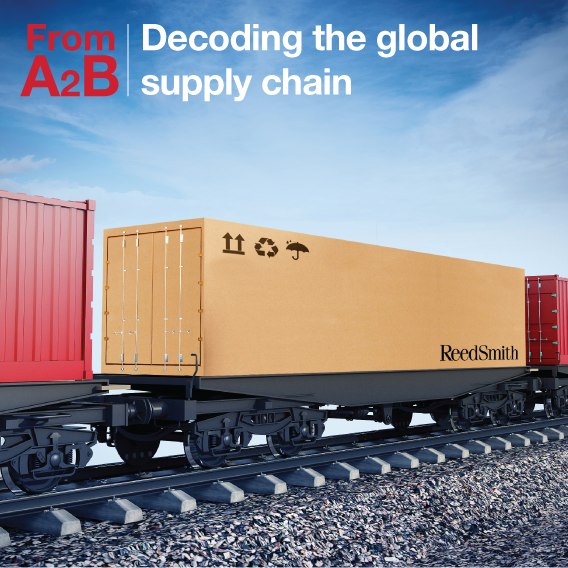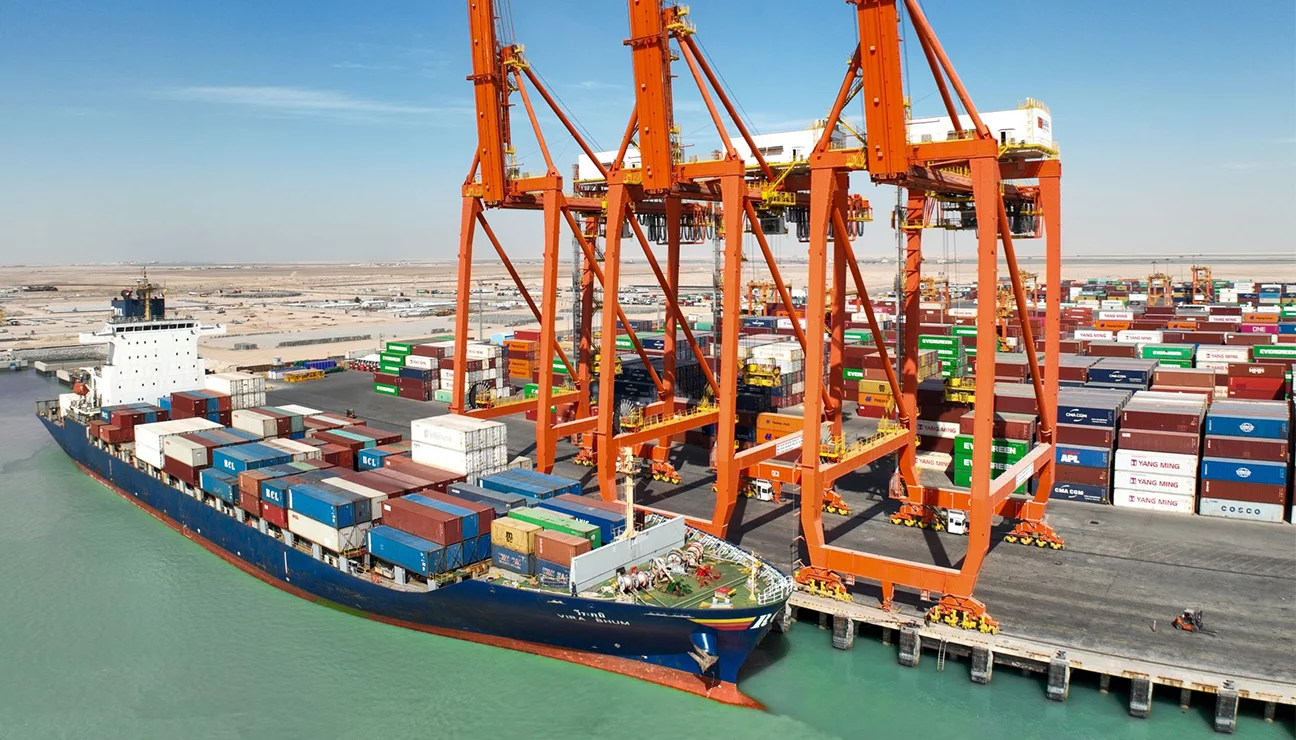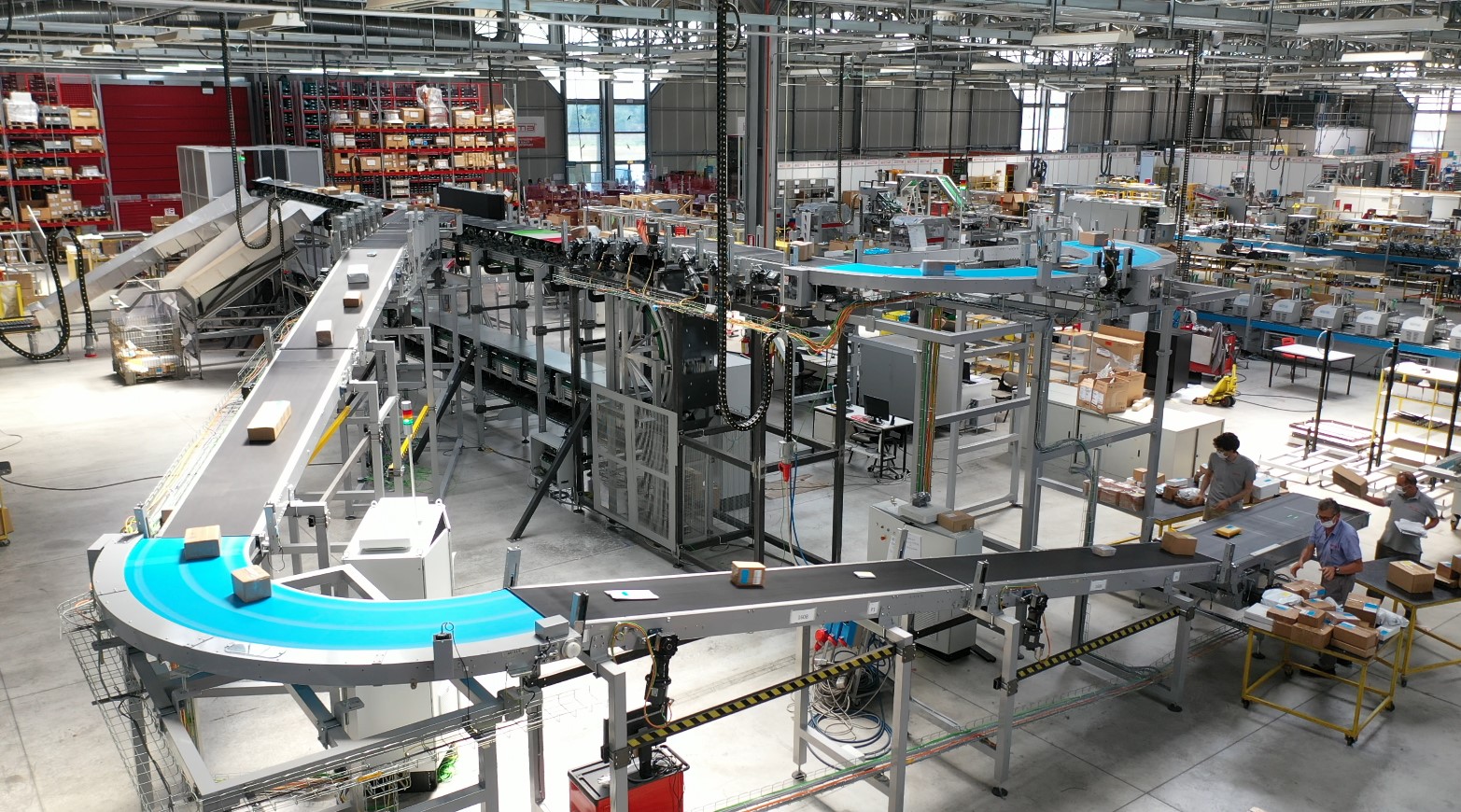South Korea-based heath and beauty retail chain Olive Young has recently deployed Libiao Robotics’ T-Sort handling technology in its new 33,000 sq m national distribution centre in Gyeonggi Province, bringing the retailer unprecedented levels of efficiency, speed and order accuracy.
Established in 1999 and now considered a market leader in the booming K-beauty* sector, Olive Young operates more than 1,300 stores and is growing its online marketplace for its products at a considerable rate. It has seen a rapid growth in business post-Covid thanks to its wide product range allied with an ethical approach to business. In order to fulfil greater volumes of online orders at a faster throughput, it chose to equip its new-build DC with a cutting-edge robotic system devised and installed by automated warehouse storage pioneer Libiao Robotics.
Efficient Inventory Management
The integrated logistics centre, which became operational in September 2024, has been built to service Olive Young’s numerous stores in the Seoul metropolitan area as well as handle its national and export online sales. Its single-layer structure enables efficient inventory operation and management, and integrates logistics functions across multiple Olive Young brands – including its private labels such as Bio Heal boH and WAKEMAKE – that were previously fulfilled at three separate sites. The location of the warehouse and the sophistication of the technology within it mean that Olive Young can offer customers in the Seoul metropolitan area a same-day delivery option.
At the heart of the facility lies Libiao’s flexible T-Sort sorting solution, a fast and efficient order-to-person solution in which 320 of Libiao’s “mini yellow” autonomous robots collect ordered items from one of four induction stations and feeds them to one of 32 work stations where they are collated prior to dispatch. In this case, Libiao custom produced the autonomous robots in bright green, at Olive Young’s behest, in order to match its brand colour requirements.
Olive Young specified that its new system should be able to fulfil 2,190 customer orders per hour, and handle the most fragile of beauty products, which the T-Sort system comfortably achieves.
As well as offering high levels of accuracy and a rate of throughput never before experienced by the retailer, the entire automated system occupies a footprint of just 460 sq m, allowing spare warehouse space to be converted to other added-value operations. Furthermore, the system operates smoothly and quietly (≥72dB), providing a comfortable working environment for Olive Young’s warehouse team, an important consideration for a company that places ethics high on its list of priorities, and which runs a number of high-profile CSR campaigns.

The T-Sort automated warehouse storage system, which was implemented in conjunction with Libiao’s local partner CJ Logistics, can deliver a reliable service even during large-scale sales such as Black Friday and Cyber Monday, when overseas orders soar up to five times compared to normal times, thanks to its scaleable design that allows Libiao’s “mini yellows” – or “mini greens”! – to be added or taken away amid fluctuating volumes without the need for any infrastructural adjustments.
Significant Landmark
“This Libiao T-Sort installation at Olive Young represents a significant landmark in Libiao’s history, as it is the largest installation so far in South Korea,” said Ronan Shen, Libiao Robotics’ Global Head of Business. “When Olive Young saw a chance to grow its business along with the increased global interest in K-beauty products, it was careful to choose a robotics partner that matches its vision, has rock-solid tried-and-tested systems, and enables future expansion without the associated infrastructural costs that come with rival systems. Our collaboration with Olive Young is one we are particularly proud of, and we are ready to stand next to them all the way and support the brand as Olive Young grows its export business.”
The new facility – the second-largest DC in the Seoul metropolitan area – is central to Olive Young’s ambitions to grow its export markets. The market for Korean H&B products is growing at an exponential rate, and Olive Young is now ideally placed to capitalise on this K-beauty boom. The building has been designed to house customised facilities for individual shipping companies such as DHL and EMS, providing optimised delivery services for each country.
A spokesperson for Olive Young added: “The Anseong Logistics Centre will serve as the first gateway for small and medium-sized K-beauty brands in Olive Young to advance overseas. We plan to expand our global logistics network by continuously strengthening competitiveness.”
* K-beauty is an umbrella term for skincare products derived from South Korea that focus on health, hydration, and an emphasis on brightening effects.
similar news
















